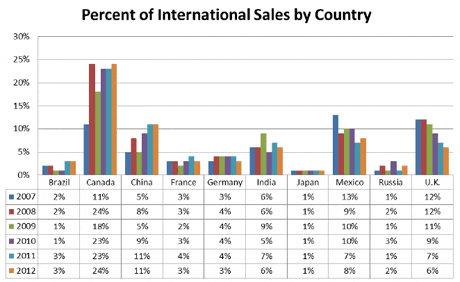Real estate development Wikipedia the free encyclopedia
Post on: 16 Апрель, 2015 No Comment

In the Netherlands virtually all housing is developed and built through property developers, including in more upmarket segments.
Real estate development. or property development. is a multifaceted business. encompassing activities that range from the renovation and re-lease of existing buildings to the purchase of raw land and the sale of improved land or parcels to others. Developers are the coordinators of the activities, converting ideas on paper into real property. [ 1 ] Real estate development is different from construction. although many developers also construct.
Developers buy land, finance real estate deals, build or have builders build projects, create, imagine, control and orchestrate the process of development from the beginning to end. [ 2 ] Developers usually take the greatest risk in the creation or renovation of real estate—and receive the greatest rewards. Typically, developers purchase a tract of land, determine the marketing of the property, develop the building program and design, obtain the necessary public approval and financing, build the structure, and lease, manage, and ultimately sell it. [ 1 ] Developers work with many different counterparts along each step of this process, including architects, city planners, engineers, surveyors, inspectors, contractors, leasing agents and more. In the Town and Country Planning context in the United Kingdom, ‘development’ is defined in the Town and Country Planning Act 1990 s55.
Contents
§ Statutory definition of development in the United Kingdom [ edit ]
‘Development’ is defined by statute in the Town and Country Planning Act 1990 s55(1), as ‘the carrying out of building, engineering, mining or other operations in, on, over or under land, or the making of any material change in the use of any buildings or other land’. This definition is clarified by the remainder of s55 and the inclusion of the Generally Permitted Development Order 1995 and the Use Classes Order 1987.
§ Paths for entering the development field [ edit ]
No single path leads automatically to success in real estate development. Developers come from a variety of disciplines— construction, urban planning, lending, architecture, law and accounting, among others. Recent specialized programs that award a Master of Real Estate Development (MRED) degree are also available. The graduate programs in real estate development are the most comprehensive education in the industry. Other formal education includes a Master of Science in Real Estate (MSRE), or an MBA .
§ Organizing for development [ edit ]
A development team can be put together in one of several ways. At one extreme, a large company might include many services, from architecture to engineering. At the other end of the spectrum, a development company might consist of one principal and a few staff who hire or contract with other companies and professionals for each service as needed.
Assembling a team of professionals to address the environmental, economic, physical and political issues inherent in a complex development project is critical. A developer’s success depends on the ability to coordinate the completion of a series of interrelated activities efficiently and at the appropriate time.
The development process requires skills of many professionals: architects, landscape architects, civil engineers and site planners to address project design; market consultants to determine demand and a project’s economics; attorneys to handle agreements and government approvals; environmental consultants and soils engineers to analyze a site’s physical limitations and environmental impacts ; surveyors and title companies to provide legal descriptions of a property; and lenders to provide financing. General and sub contractors create the visual results of development. In depth knowledge of how each functions and prices their work is critical to control costs and create a quality project. The late Arthur N Levien a prominent developer once described a real estate developer as follows a real estate developer is a person who is not an architect, engineer, plumber, iron worker, attorney, appraiser, or any of the dozens of other professionals involved in the real estate development process. It is however someone that knows what each one of them does in detail so as to get exactly what he or she wants from each of them.
§ Land development [ edit ]
Purchasing unused land for a potential development is sometimes called speculative development .
Subdivision of land is the principal mechanism by which communities are developed. Technically, subdivision describes the legal and physical steps a developer must take to convert raw land into developed land. Subdivision is a vital part of a community’s growth, determining its appearance, the mix of its land uses, and its infrastructure, including roads, drainage systems, water, sewerage, and public utilities.
In general, land development is the riskiest but most profitable technique as it is so dependent on the public sector for approvals and infrastructure and because it involves a long investment period with no positive cash flow.
After subdivision is complete, the developer usually markets the land to a home builder or other end user, for such uses as a warehouse or shopping center. In any case, use of spatial intelligence tools mitigate the risk of these developers by modeling the population trends and demographic make-up of the sort of customers a home builder or retailer would like to have surrounding their new development.














